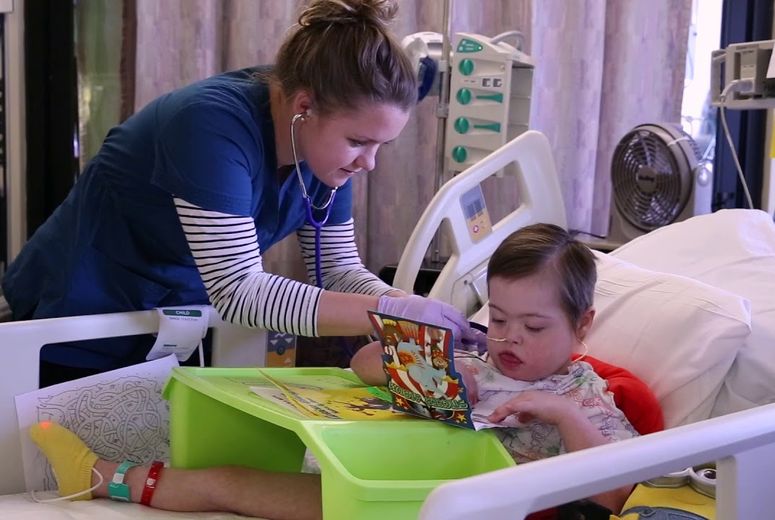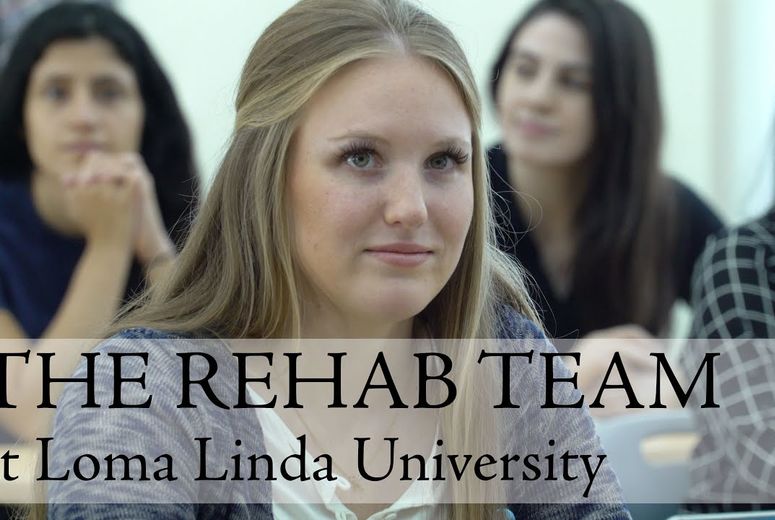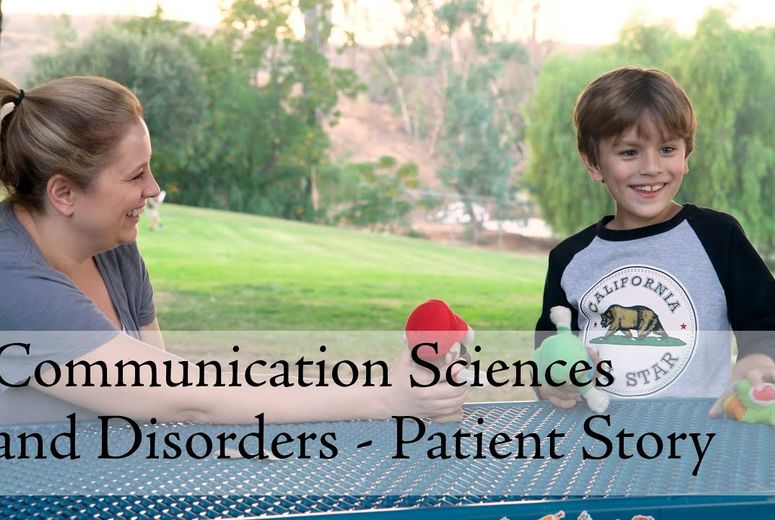Frequently Asked Questions
What do speech-language pathologists (SLPs) do and where do they work?
SLPs work with people of all ages, ranging from infants to the elderly. They help develop or restore communication for individuals who have impairments in fluency, articulation, language, voice, hearing, cognitive-linguistic language, and social language. They also work with individuals who have swallowing problems, and people who desire to modify their accent. Work settings include: public schools, hospitals, clinics, rehabilitation centers, and private practice.
What education do I need for a career in speech-language pathology?
Students complete an undergraduate degree in speech-language pathology or communication sciences and disorders prior to enrolling in a master's degree program. Students with a bachelor's degree in a field other than Communication Sciences and Disorders must complete approximately one year of prerequisite courses in order to be eligible for gradate work. A master's degree is required for practice in most states and for the national Certificate of Clinical Competence. (American Speech-Language-Hearing Association).
What type of people become Speech-Language Pathologists?
Some of the characteristics frequently seen in individuals who choose this profession include: helping/compassionate personalities, good academic abilities, and positive interpersonal skills. This profession requires patience, flexibility, and a love of people.
What can I do with my Bachelor’s degree in Communication Sciences and Disorders?
Many states license or register Speech-Language Pathology Assistants (SLPA). SLPAs may have an AA degree or the bachelor's degree, and work under the supervision of a Speech-Language Pathologist. SLPAs usually work in public school settings, but some work in medical settings.
More student information on becoming a speech-language pathologist is available from the American Speech-Language-Hearing Association. www.asha.org



